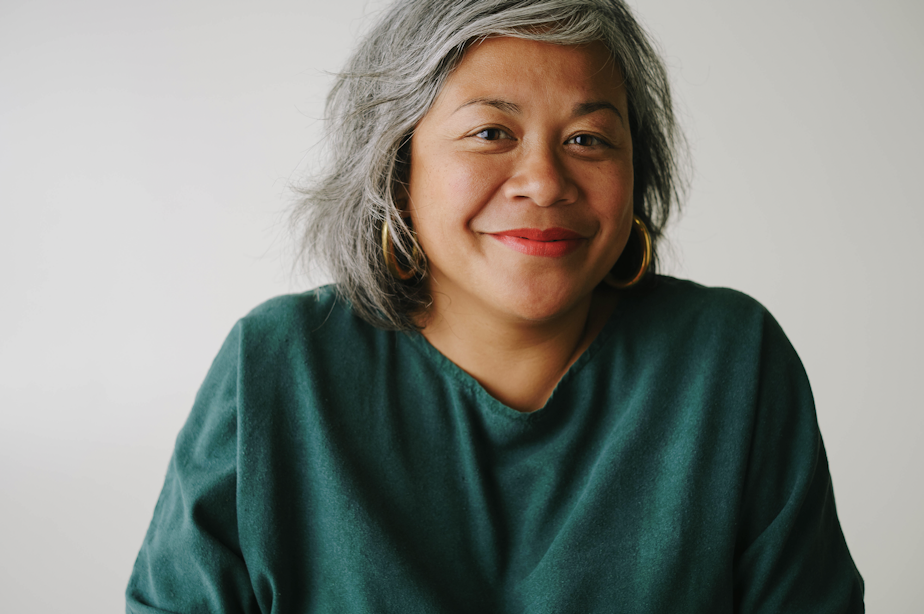What do women and female orcas have in common? A lot in midlife

Seattle author Angela Garbes has found a distinctly Pacific Northwest way to talk about female middle-age: a conversation about orcas, featuring a whale researcher who goes only by Giles.
"Like Prince or Madonna," Garbes said of the preeminent Southern Resident killer whale researcher formerly — and formally — known as Dr. Deborah Giles.
RELATED: She needed answers about pregnancy. So she wrote them herself
Together with award-winning author Putsata Reang and poet Laura Da', Garbes and Giles will set out to answer a question that surely every Pacific Northwestern woman and feminine-presenting person has pondered: What can we learn from orca whales about perimenopausal and postmenopausal sexuality?
That's the question for one of three free talks Garbes is moderating for Seattle Public Library over the next three months. The series, "Midlife: Private Parts in Public," kicked off Thursday. The next will be a book group discussion of Miranda July’s "All Fours" on Nov. 7, followed by the orca talk on Dec. 12.
Sponsored
As curator of the series, Garbes said she had a chance to "shoot her shot" and find creative ways to talk about a still taboo topic. Hence, whale sexuality.
"Orca whales are like humans," Garbes said. "Their usefulness outlasts reproduction ... postmenopausal female orca whales are resources of knowledge. They are navigators. They pass skills and teach the younger generation. And they engage in a tremendous amount of sexual play ... so, there's a sort of sensuality that exists, again, post being fertile or reproductively critical to the species."
RELATED: Subscribe to the KUOW Book Club newsletter here
Garbes said she chose the focus of the series "for purely selfish reasons," as she processes her own midlife and the changes that life stage brings, from new pains to irregular periods.
"Perimenopause — it's a four- to 10-year period of your life in which there are 37 listed symptoms, which indicates to me that nobody has any idea what's going on," she said, joking-not-joking.
Sponsored
And as she does research for herself and her work, Garbes said her life has become "a homework assignment in the best way possible."
Garbes is the author of two books. Her first, "Like A Mother: A Feminist Journey Through the Science and Culture of Pregnancy," was among NPR's Best Books of 2018. In it, Garbes explored everything that happens during the life-changing process of pregnancy, and argued for better access to care. Her second book made NPR's list in 2022, with a natural progression of Garbes' research in "Essential Labor: Mothering as Social Change." Now she's working on her third book, a memoir about translating identity across midlife and cultures.
RELATED: Motherhood and domestic labor: How the pandemic showed women are 'still in a condition of servitude'
"This sounds dramatic, but it's like a matter of life and death for me," she said. "As a woman of color and the daughter of immigrants and proud Filipina growing up, I was like, 'Nothing in this world is meant for me.'
"If I'm not making space for myself, I can't count on anyone else doing it," Garbes added.
Sponsored
So, she and her guests and Seattle Public Library will set out to make space for themselves in the coming months. They'll talk about one of the few remaining taboos of 2024 that is female middle-age. They'll talk about all those new aches and pains. And they'll talk about the sex lives of elder orcas.




